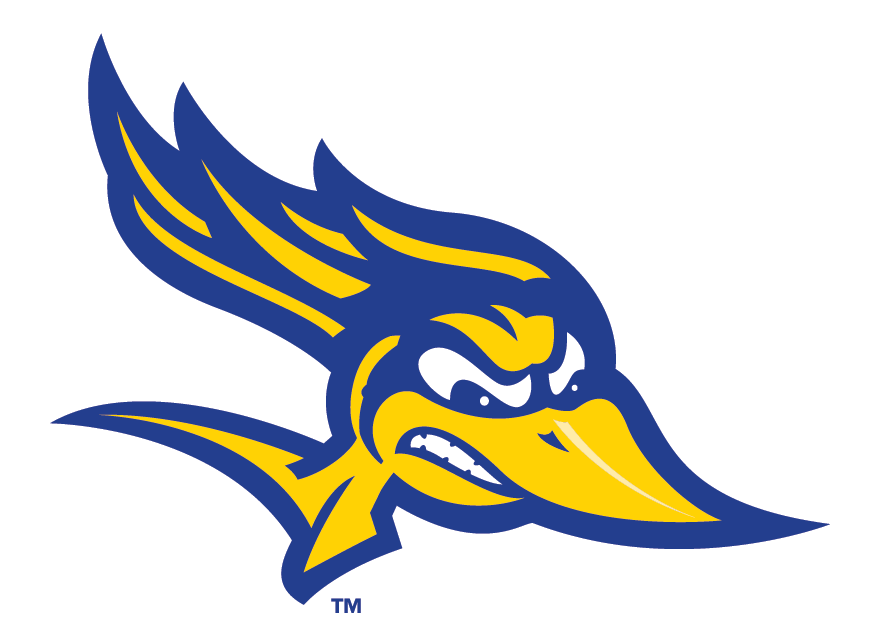Advising
The information provided here to assist students in determining which courses they should take. This information should supplement (but not replace) regular meetings with your faculty advisor.
Need Advising?
If you do not have a faculty advisor and have advising related questions/concerns, email chemistry@csub.edu to have a faculty advisor assigned to you.

Certificates & Degrees
The Chemistry Placement Exam (CPT)
A score of 38 or higher on the CPT is required to enroll in CHEM 1000 if you have not met any of the other course prerequisites. Only one attempt to pass the CPT is allowed. Scores will be processed as soon as possible (usually within one week).
Times/Locations
Please contact Dr. Sarah Forester, sforester@csub.edu or 661-654-2888, for available dates/times/locations.
What to Bring
Bring the following items with you to the exam:
- Non-programmable, non-graphing scientific calculator
- #2 pencil
- Photo ID
Test Format
The exam consists of 60 multiple choice questions in 55 minutes. There is no penalty for guessing. The following sections are included on the exam:
- Part I: General Mathematics (elementary algebra including exponential notation) – 20 Questions
- Part II: General Chemical Knowledge – 20 questions
- Part III: Specific Chemical Knowledge – 20 questions
Preparing for the CPT
If you feel the need to prepare for the CPT, we recommend that you review standard elementary algebra and high school level chemistry texts. Some free online resources include:
- Algebra: https://openstax.org/details/books/college-algebra
- Chemistry: https://openstax.org/details/books/chemistry-2e
CHEM 1010
If you have not completed a high school chemistry course or completed such a course more than two years ago, consider enrolling in CHEM 1010 to prepare for CHEM 1000. Completion of CHEM 1010 at CSUB with a grade of "C" or better will automatically qualify you for CHEM 1000 without taking the CPT.
Sample Questions from CPT
The CPT contains 60 multiple-choice questions equally divided among three parts: General Mathematics, General Chemical Knowledge, and Specific Chemical Knowledge. If one has good basic math skills and a solid science background, one can pass the CPT even without an extensive knowledge of chemistry.
The Department of Chemistry & Biochemistry considers CHEM 1000, CHEM 1001, CHEM 1100, and CHEM 1600 to be equivalent to a full year of general chemistry.
CHEM 1000 (3 units) = General Chemistry 1st Semester Lecture
CHEM 1100 (2 units) & CHEM 1600 (2 units) = General Chemistry 2nd Semester Lecture
CHEM 1001 (2 units) = General Chemistry 1st and 2nd Semester Lab
The Department of Chemistry and Biochemistry has four tracks leading to a Bachelor of Science (B.S.) in Chemistry and two tracks leading to a Bachelor of Science (B.S.) in Biochemistry. See the Fact Sheets below for more details.
Transferring to CSUB
If you are transferring to CSUB as a chemistry or biochemistry major, it is recommended that you complete a full year of general chemistry, a full year of calculus, and a full year of physics before you transfer. Transferring mid-sequence may lead to repetition of content and/or missing content. If you have completed a year of general chemistry (with lab), you will receive credit for CHEM 1000, CHEM 1001, CHEM 1100, and CHEM 1600.
Transferring from CSUB
If you are transferring from CSUB to another institution, the Department of Chemistry & Biochemistry considers CHEM 1000, CHEM 1001, CHEM 1100, and CHEM 1600 to be equivalent to a full year of general chemistry. However, you will need to work with the institution you are transferring to ensure that these courses will fulfill the requirements for general chemistry at your new institution.
Contact Us

Department of Chemistry & Biochemistry
California State University, Bakersfield
9001 Stockdale Highway #62
Bakersfield, CA 93311-1022
(661) 654-2030
Email: chemistry@csub.edu
Location: Science II Building - Maps